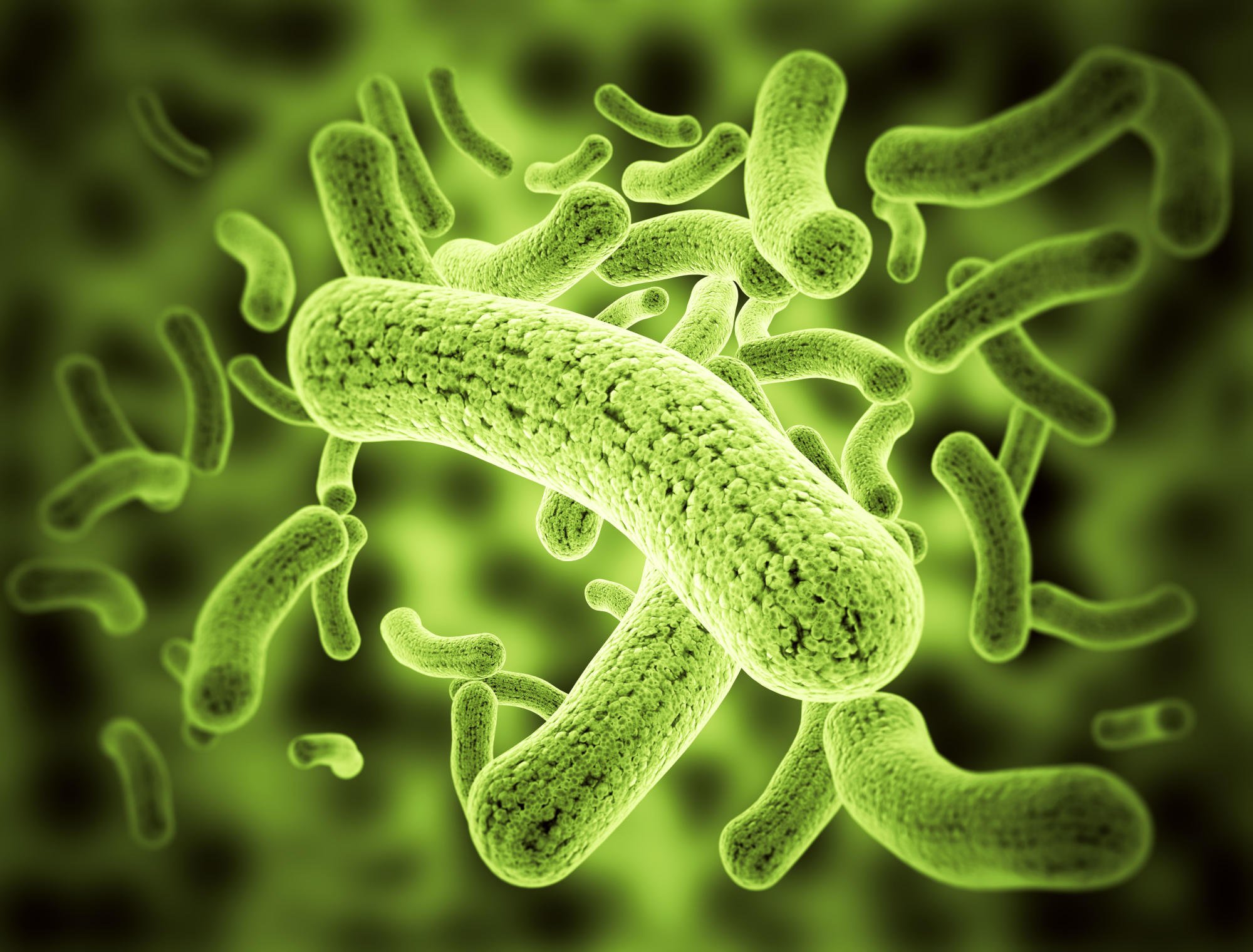Scientists from the University of Colorado Boulder published (Building a genome-based understanding of bacterial pH preferences, Ramoneda et al., SCIENCE ADVANCES, 28 Apr 2023, Vol 9, Issue 17, DOI: 10.1126/sciadv.adf8998) on machine learning approach to predict bacterial pH preference from their genome. Data on bacterial distributions from five datasets spanning pH gradients in soil and freshwater systems (1470 samples) was compiled, quantified the pH preferences of bacterial taxa. Taxonomic and phylogenetic information were generally poor predictors of bacterial pH preferences. The study identified genes consistently associated with pH preference across environments. The study then developed and validated a machine-learning model to estimate bacterial pH preferences from genomic information alone. Such a model was a poor predictor of pH preference. The research identified genes associated with pH preference across environments. The model developed and validated a machine learning model to estimate bacterial pH preferences. The model could aid in selecting microbial inoculants, improve species distribution models, or help design effective cultivation strategies. The study demonstrated the value of combining biogeographic and genomic data to deduce and predict the environmental preferences of diverse bacterial taxa. The results of this study could enhance ecological restoration, agriculture, and the development of probiotics, as well as expedite the process of bacterial culturing. @ https://scitechdaily.com/microbes-meet-machine-learning-a-phenomenal-discovery/

